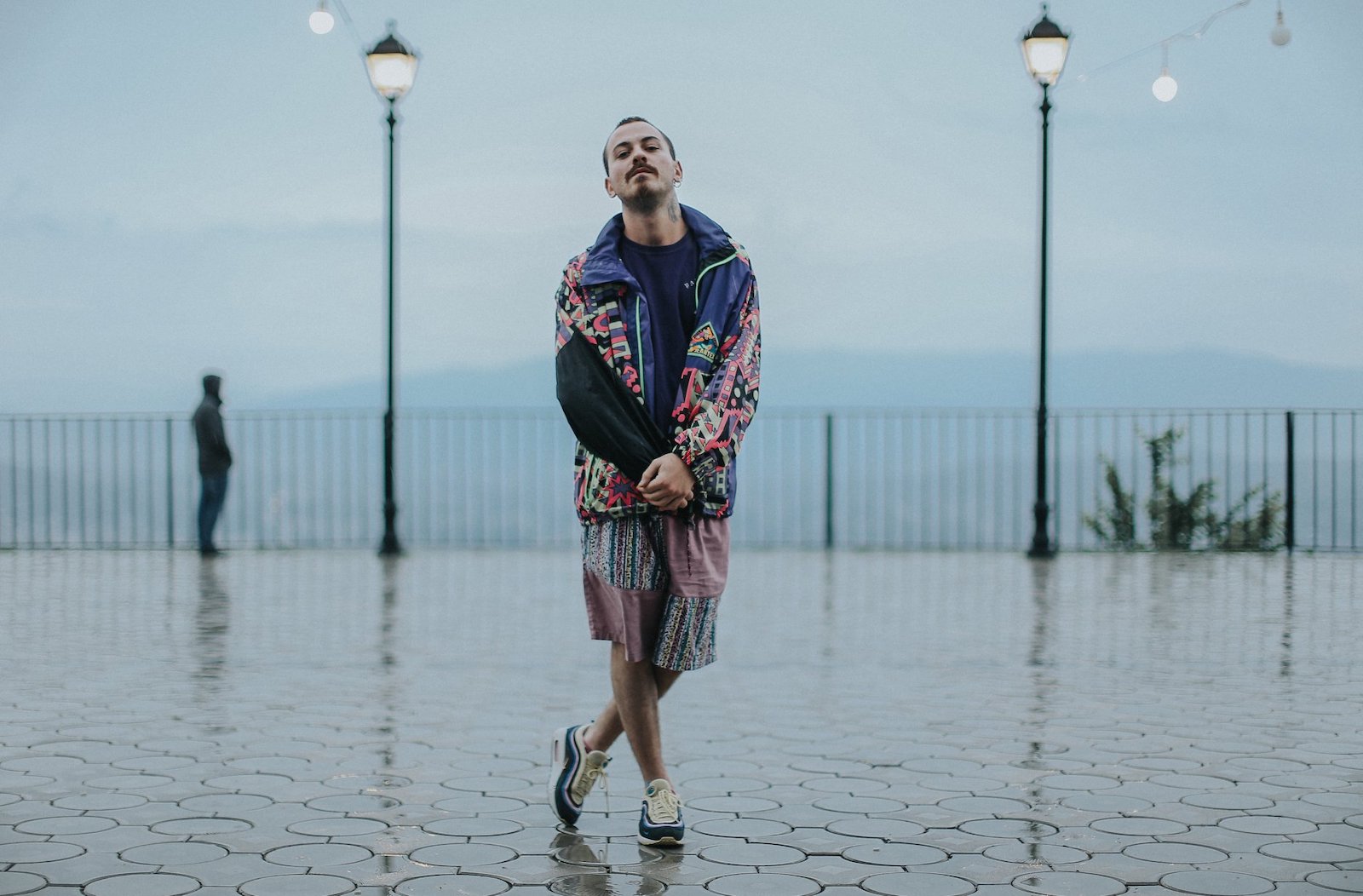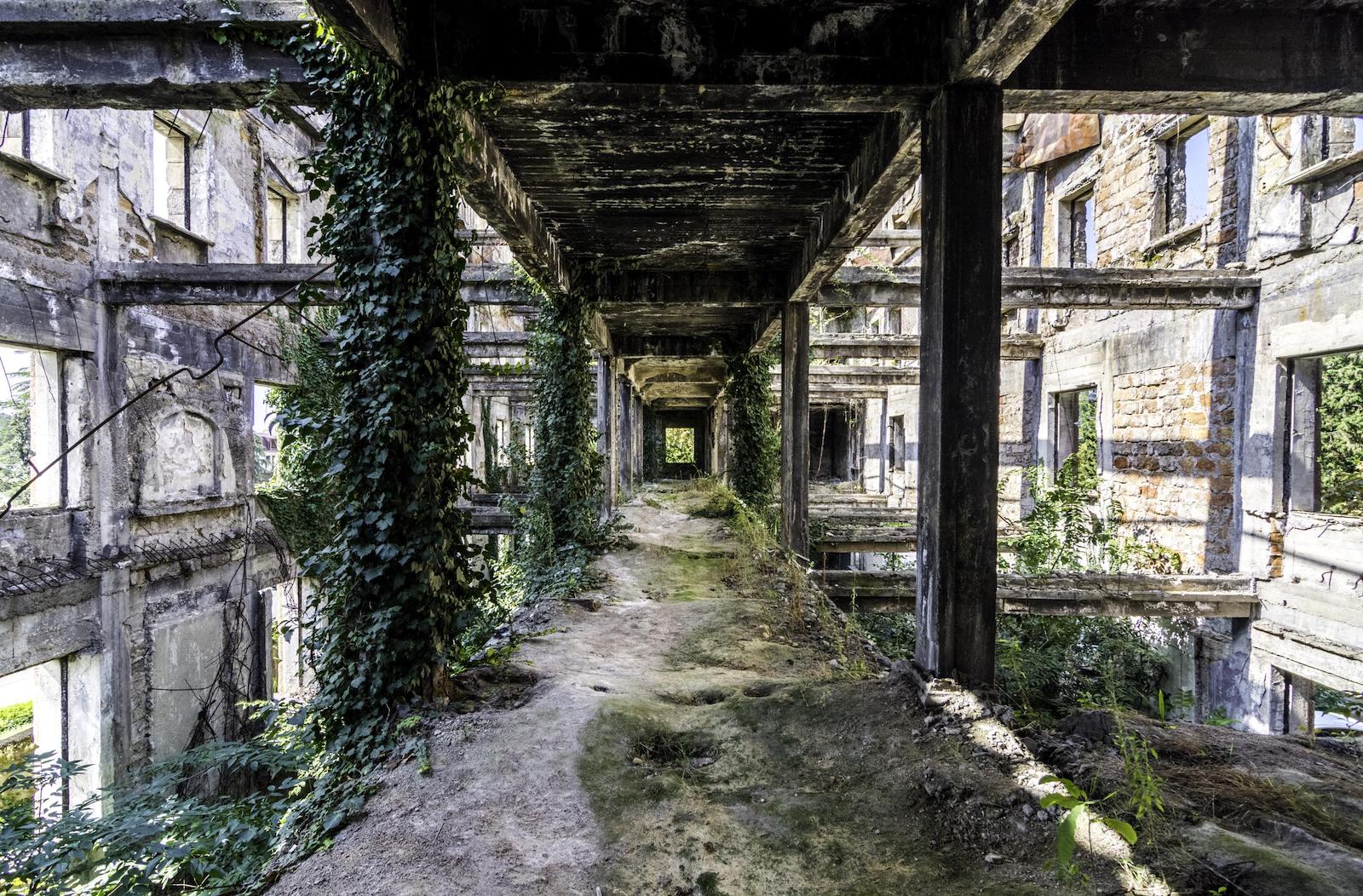
Interview With Eka Mazmishvili
By Liza Tsitsishvili
I had the great pleasure of sitting down for an interview with Eka Mazmishvili, the director of the Tbilisi International Theatre Festival and the Kote Marjanishvili Theatre.
Eka graduated from the Faculty of History and Theory of Art at Ivane Javakhishvili Tbilisi State University. She later received her PhD in Arts and Cultural Management from the Academy of Management and Arts in Grenoble, France.
Since 2006, Eka has managed the Kote Marjanishvili Theatre in Tbilisi, and since 2009 she has served as the director of the Tbilisi International Theatre Festival. She has also lectured on Practices of Cultural Management and the Arts at Tbilisi State University and the University of Georgia. In addition, she managed the Theatrical Basement and worked as a coordinator-manager for programs of Georgia’s Open Society Foundation.
“The only reason I’m in theatre is that I can be free,” Eka Mazmishvili once said in an interview.
Eka Mazmishvili:
“An international festival is not only about creating the image of a theatre, but also that of the entire country. Beyond broadening artistic aesthetics, it is the fastest and most effective way to promote a city. During a festival, you don’t just present the country as a cultural space; you show its potential and the progressiveness of its mindset.”
The 11th Tbilisi International Theatre Festival will open on September 23 and will host theatre companies from around the world for one month. It will also showcase the best Georgian productions.
There will be 17 international performances, followed by a Georgian showcase featuring premieres and innovative projects. This year, an art bazaar has been added, allowing producers to exchange ideas, plan co-productions, and build new professional relationships. Looking at the program, it is clear that many of this year’s performances emphasize contemporary theatrical techniques, with some productions prioritizing rhythm and performance over text.
Looking back at your 11 years of work, what has the International Festival brought to Tbilisi and Georgia as a whole?
Eka: The more time passes, the more convinced I am that the festival is not just about theatre or art. In reality, it involves politics, economics, and social development. These elements come together through the festival, and the more often it takes place, the more creative the country becomes. This is an asset that cannot be created through anything other than festivals and international relationships. It is an advertisement for Tbilisi as the most European city in the region.
Autumn in Tbilisi is unique and begins with the festival called Autumn of Tbilisi. Then follow the Tsinandali Festival, the Eliso Virsaladze Music Festival, and the International Film Festival.
How theatrical is Tbilisi?
Eka: Tbilisi is a very lively city that never sleeps. Contemporary theatre plays a major role in this, and it has done so for decades. Even today, theatre remains a unique and aspirational art form for people.
Does theatre reflect politics?
Eka: Yes, though with varying intensity. Theatre has never been apolitical. It is always intense and socially oriented.
Where do you take your special guests in Tbilisi?
Eka: Old Tbilisi, of course. Many guests research the city before arriving, but I often accompany them because I enjoy their company and sometimes discover new places myself. I take them to Leghvtakhevi, Sololaki, Mtatsminda, and the small streets of the city, as well as Mount Elia, the second-hand clothing bazaar, and the food markets.
People often say that foreigners are especially drawn to traditional Tbilisi courtyards that have preserved their identity. Local communities even invite visitors inside. Feeling the spirit of the city and the country is essential, and that experience is rare elsewhere.
What is the most memorable feedback you’ve heard from visitors?
Eka: One of the most memorable moments was when Europeans told me that Tbilisi is the most European city they had ever visited. They described it as a leader among post-Soviet cities in terms of style and atmosphere. Many of our economic challenges go unnoticed by visitors.
Do you agree with them that Tbilisi is a European city?
Eka: I completely agree. In its soul and atmosphere, Tbilisi is very European. What matters most is that the city constantly evolves. For me, Europe represents continuous development.
When we first started the festival, there were only three hotels in the city. Now everything has changed dramatically. Today, I need to book accommodations far in advance. Cultural activity has grown significantly, such as Georgia being the Guest of Honor at the Frankfurt Book Fair in 2018. There are numerous festivals and touring theatres now. People travel, return, and become living advertisements for the city. They always come back because the country is magical. You can be at the sea and in the mountains on the same day.
What troubles you most about your home city?
Eka: Chaotic construction is a widely discussed issue. We can’t change what has already been built, but I believe things will improve, and I remain hopeful. I support every government with the hope that it will do better. For me, the biggest problem is transportation, and I don’t know how it can be fixed.
Where does Georgia stand in today’s world?
Eka: The future of this country is very bright, and I am confident about that. We face difficulties, of course, but there is no alternative path. Georgia will flourish. One of the main issues is emigration. People don’t want to return, and that is deeply tied to the economy. For me, everything depends on economic development.
And Georgian theatre?
Eka: Georgian theatre is exactly where it should be. This year, we have a showcase attended by 100 professionals, and interest continues to grow.
In your opinion, what is Georgia’s main potential?
Eka: Georgia is a cultural hub. Our autumn cultural calendar is already very full. In terms of culture, we have few competitors, possibly only Romania in the region. Beyond culture, a country of just over three million people has strong potential in tourism and agriculture. We need to keep moving forward and integrate into larger global networks.
What does independence mean to you?
Eka: I believe we will never lose our independence again. Today’s generation will never allow it. There will always be pressure from Russia, but we will prevail.
Translated by Ana Mikatadze


